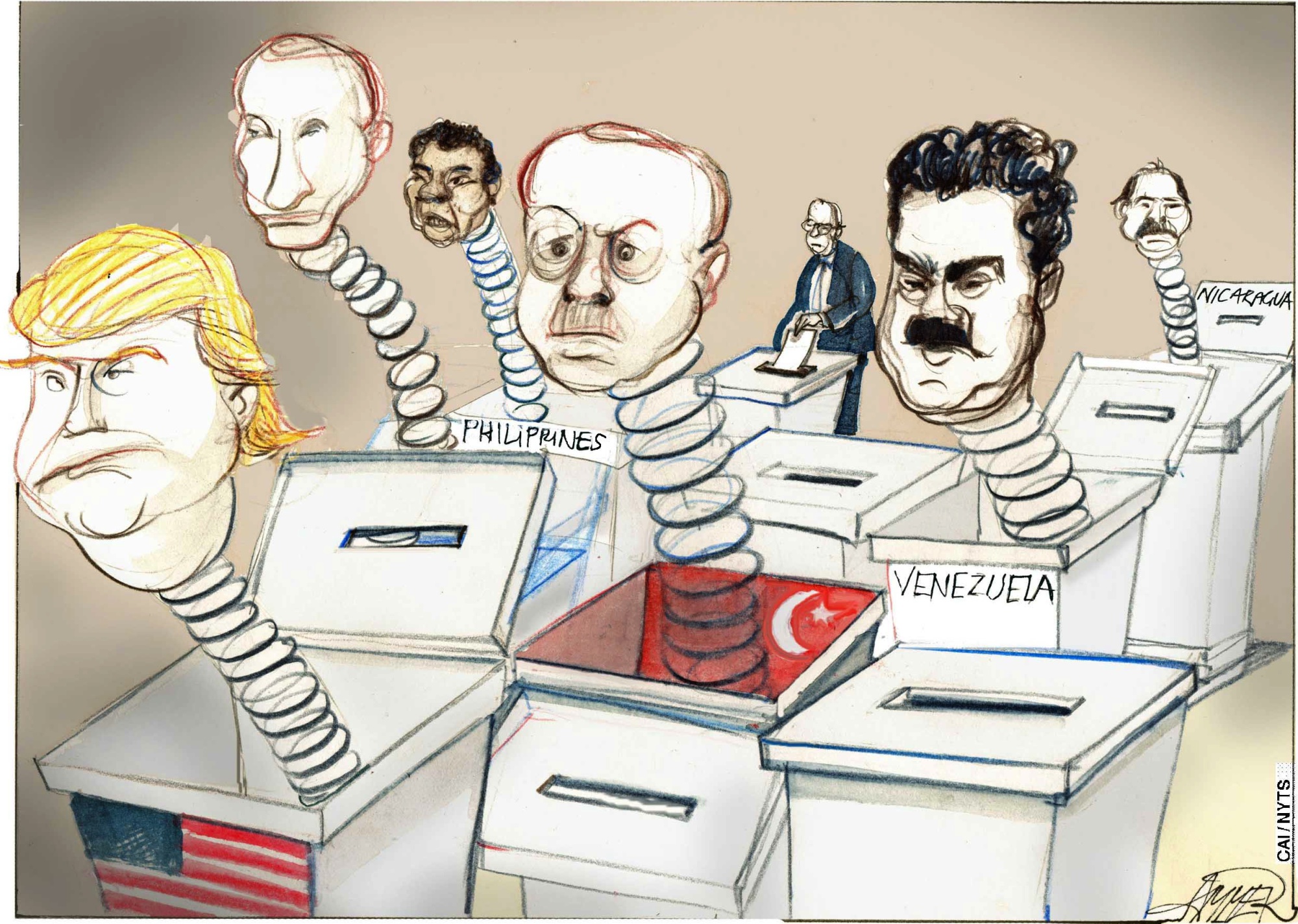This past year has been one where the limits and failings of democracy became more visible than at any time since World War II enshrined the view that representative government was best. After that vast and hideous conflict, democracies defeated the tyrannies of Germany, Italy and Japan — ironically, a victory made certain by the unrivaled human sacrifices of the largest tyranny of all, the Soviet Union.
The winners, led by a rich and self-confident United States, shaped the postwar world. The institutions created by the allies — chief among them the United Nations, the International Monetary Fund and the World Bank — have their origins in debates among the Allies during the war; they were designed to bring stability, replace war with argument, ensure development aid for the impoverished. In 1948, Washington put some $12 billion to $13 billion (about $120 billion in 2016 values) into the reconstruction of a ruined Europe. Called the Marshall Plan after U.S. Secretary of State George Marshall, the aid was designed to underpin democratic government and keep at bay the then powerful forces of communism.
In these postwar years, the victors were confident in their political systems, seeing them as drawing strength from the active engagement of the citizens in elections, in political parties and in open debate. Now, the forward march of democracy has been halted; in some cases, reversed.



















With your current subscription plan you can comment on stories. However, before writing your first comment, please create a display name in the Profile section of your subscriber account page.